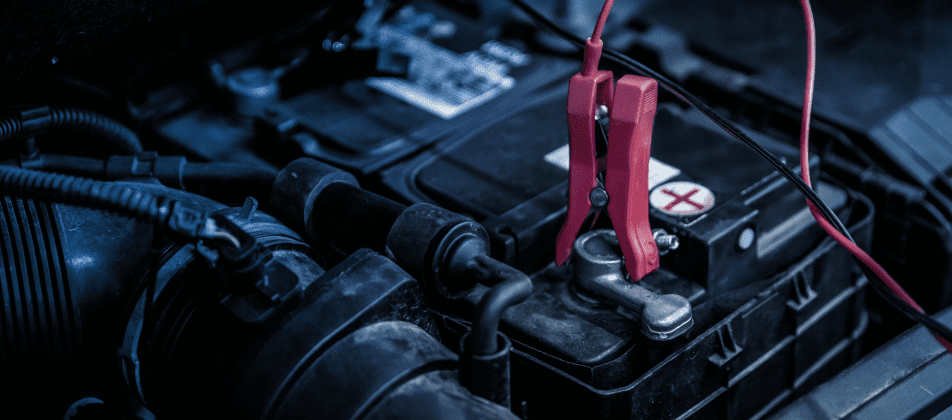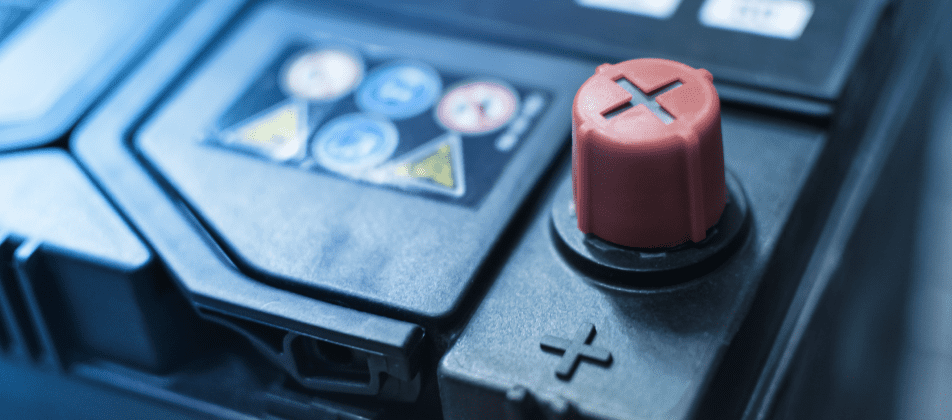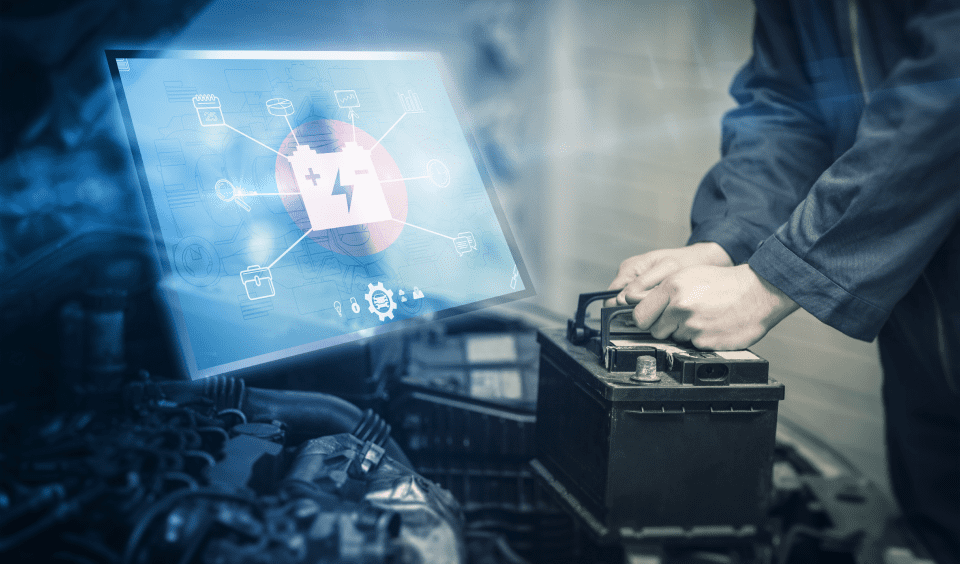Most automotive batteries contain a liquid solution called an electrolyte. It can boil under certain conditions. This is fraught with serious damage to the battery itself and some other vehicle components.
Reasons for battery electrolyte boiling
A battery is a device consisting of six separate sections. Each of them is filled with an electrolyte containing sulfuric acid. Plates connected to the negative and positive outputs, to which the terminals are connected, are placed in a liquid solution. The battery electrolyte boils as soon as the temperature rises significantly in the engine compartment. This usually happens in summer, during long downtime in traffic jams with the running engine.
Regardless of what kind of electrolyte is in the battery, the causes of its boiling can be:
- Ventilation issues: there are openings in the battery designed for air circulation, which can be clogged or blocked due to the use of a device that does not correspond to the design of the vehicle in terms of size;
- Exceeding the permissible load: a battery heats up too much, ensuring the operation of numerous devices connected to the vehicle’s power network;
- Short circuit: due to shaking and vibration, the separators may break down, then the plates come into contact with each other and the formed sediment, which results is boiling;
- Incorrect charging: the battery electrolyte comes into contact with lead and begins to evaporate if the battery remains connected to the charger after being fully charged.
Boiling of the solution may occur due to the absence of battery maintenance: monitoring the density of the battery electrolyte, its amount, the condition of the battery itself and the presence of contamination. Another common cause of this problem is plate sulfation.

Signs and consequences of electrolyte boiling in a battery
The electrolyte in a battery may boil during charging. In this case, the typical signs will be the appearance of green plaque and oxide. The boiling of the solution is indicated by traces of corrosion in the engine compartment, as well as a noticeable smell of hydrogen sulfide.
Boiling and a decrease in the electrolyte level in a battery are indicated by the boiling of the solution and the appearance of air bubbles in it. Such signs should not be ignored, as they can lead to dangerous consequences:
- probable explosion due to the release of oxygen and hydrogen during the boiling of the electrolyte, an increase in pressure in the battery;
- Corrosion of paint on the elements of the vehicle, damage to plastic and rubber elements by toxic fumes;
- Failures of the alternator, which is exposed to high-frequency electric current;
- Damage to connectors and terminals due to chemical corrosion.
Sulfuric acid causes serious damage to the battery itself, destroying its plates. This may cause a short circuit and explosion. It is particularly critical to know the level of electrolyte in the battery before long trips in hot weather.
What must be done when the electrolyte boils in the battery?
If the electrolyte in the battery boils during charging, the device must be turned off immediately. If this happens while driving, you must find a parking place as soon as possible, turn off the engine and wait for the battery to cool down to at least 40 degrees. To speed up this process, you need to open the bonnet.
Since the boiling of the liquid is accompanied by its evaporation, you should drive to the nearest gas station or other place where you can buy electrolyte for the battery. After topping up the solution in the cells, drive to a place where the vehicle can be repaired. At the same time, it is essential to turn off as many devices that consume power as possible.

How to avoid electrolyte boiling in a battery
Car enthusiasts should know what the electrolyte in a battery should be like and monitor the condition of the device. This will help prevent the solution from boiling. Following a few simple rules is enough:
- Do not use a battery after its expiration date;
- Inspect your battery and remove dirt regularly;
- Install only a battery that corresponds to the design of your vehicle and the automaker’s recommendations;
- Check how much electrolyte there is in the battery, measure the charging current during the maintenance procedure.
Normally, the electrolytic solution should fully cover the plates. If the condition is not met, the liquid must be refilled. In maintenance-free batteries, this can be done through the battery vents. Nevertheless, only a special solution should be used, not water. The price of a battery electrolyte cannot be compared with the cost of repair, which may be required after topping up with ordinary water.

